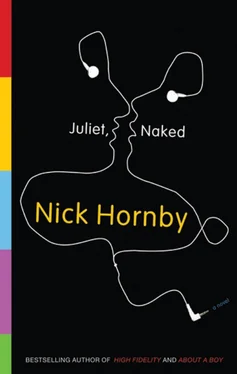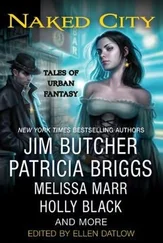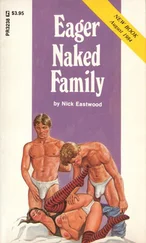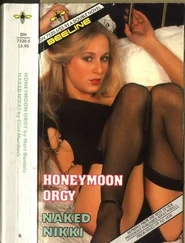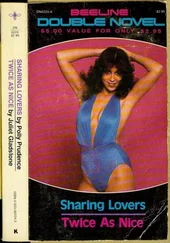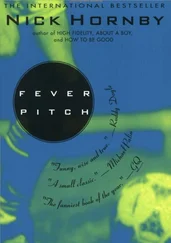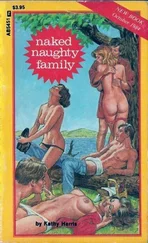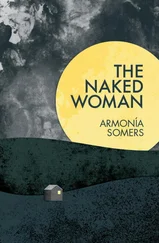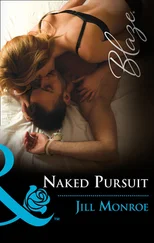Annie had thought she might be stuck teaching forever, and she’d hated the job so much that, even now, simply arriving at the museum ten or fifteen minutes late made her happy. For a teacher, those fifteen minutes would have represented a humiliating disaster, involving riots, reprimands and disapproving colleagues, but nobody cared whether she arrived three minutes or thirty minutes before a small and infrequently visited museum was due to open. (The truth was that nobody really cared if she arrived three or thirty minutes after it was supposed to have opened, either.) Wandering out for a mid-morning takeout coffee was a frequent and rather pitiful daydream in her old job; now she made sure she did it every day, whether she needed the caffeine or not. Okay, there were some things she missed: that feeling you got when a lesson was going well, when it was all bright eyes and concentration so thick it felt almost humid, something that might cling to your clothes; and sometimes she could do with some of the energy and optimism and life that you could find in any child, no matter how apparently surly and damaged. But most of the time, she was happy still to have made it under the barbed wire that surrounded secondary education and out into the world.
She worked on her own, for great chunks of the day, mostly trying to raise funds, although this was beginning to feel like an increasingly pointless task: nobody, it seemed, had the spare cash for an ailing seaside museum anymore, and possibly never would again. Occasionally, she had to speak to visiting parties of local schoolchildren, which was why she’d been given the chance to escape from the classroom. There was always a volunteer at the front desk, usually Vi or Margaret or Joyce or one of the other old ladies whose aching need to show that they could be useful broke Annie’s heart, when she bothered to think about them at all. And when there was a special exhibition being planned, then she worked with Ros, a freelance curator who also taught history at Duncan’s college. (Duncan, of course, had never been able to bring himself to talk to her, in case he “got stuck” with her during one of his visits to the staff room.) Ros and Annie were attempting to prepare an exhibition at the moment, a photographic record of the heat-wave summer of 1964, when the old town square was redeveloped, the Stones played the ABC cinema up the road and a twenty-five-foot shark had been washed up on the beach. They had asked for contributions from residents, and they had advertised on all the relevant local- and social-history websites they could think of, but so far they had received only two snapshots—one of the shark itself, which had clearly died of some kind of fungal condition much too gruesome for an exhibition intended to celebrate a golden summer, and one of four friends—coworkers?—having fun on the boardwalk.
This photograph had arrived through the mail a couple of days after they’d posted their Internet ads, and she couldn’t believe how perfect it was. The two men were in suspenders and shirtsleeves, and the two women were in floral sundresses; the teeth were bad, the faces were lined, the hair was Brylcreemed, and they looked as if they had never had so much fun in their lives. That’s what she said to Ros, when she saw it—“Look at them! It’s like this is the best day out they’ve ever had!” And she laughed, so convinced was she that their enjoyment was due to a happy trick of the camera, or alcohol, or a dirty joke, anything but the day out and the surroundings. And Ros said simply, “Well. That’s almost certainly true.”
Annie, who was about to have a moderately good time on a three-week tour of the United States—pleasant, but not world-shaking, those mountains in Montana—felt humbled. In 1964, five years before she was born, it was still possible for English people to feel ecstatic about a day off in a northerly seaside town. She looked at them again and wondered what they did, how much money they had in their pockets at that precise second, how long their holidays were, how long their lives were. Annie had never been rich. But she’d been to every European country she wanted to see, to the United States, even to Australia. How, she wondered, had we got to here from there, to this from that? She suddenly saw the point of the exhibition that she’d conceived and planned with no real enthusiasm or sense of purpose. More than that, she suddenly saw the point of the town she lived in, how much it must have meant to people that she and everyone else she knew were losing the capacity to imagine. She always took her job seriously, but she was determined to find a way of making visitors to the museum feel what she felt.
And then, after the dead shark offering, the photos just dried up. She had already given up on 1964, although she hadn’t told Ros that yet, and had been trying to think of a way of broadening the hunt without making the exhibition unfocused and sloppy. Being away for three weeks had restored her hope, not least because she had eighteen days’ worth of mail to sort through.
There were two more pictures. One had been dropped off by a man who’d been sorting through his recently deceased mother’s things; it was a nice enough snapshot of a little girl standing next to a Punch-and-Judy booth. The other, sent without a cover letter, was of the dead shark. Annie felt that she had the dead shark covered, and she wished she’d never mentioned it. She’d included it in her request only as a nudge to the memory of the aging population of the town. She might as well have sent them a notice saying “Diseased-shark pics wanted.” This one seemed to show a hole in the flank where the flesh had simply rotted away.
She went through the rest of the mail, replied to some e-mails and went out for her coffee. It was only on the way back that she remembered Duncan’s maniacal activity of the night before. She knew that his review had provoked a reaction, because he kept running up- and downstairs, checking his e-mail, reading the comments on the website, shaking his head and chuckling at the strange and suddenly alive world he inhabited. But he hadn’t shown her what he’d written, and she felt she should read it. It wasn’t just that, she realized—she actually wanted to read it. She’d heard the music, even before he had, which meant that for the first time ever she’d formed an opinion about it that hadn’t been filtered through his own intimidating evangelism… She wanted to see for herself just how wrongheaded he could be, how far apart they were.
She logged on to the website (for some reason, she had it bookmarked) and printed the piece so that she could concentrate on it. By the time she’d finished it, she was properly angry with Duncan. She was angered by his smugness, his obvious determination to crow to the fellow fans he was supposed to feel some kind of kinship with; so she was angered by his pettiness, too, his inability to share something that was clearly of value in that shrinking and increasingly beleaguered community. But most of all, she was angered by his perversity. How could those sketches for songs be better than the finished product? How could leaving something half-formed be better than working on it, polishing it, layering and texturing it, shaping it until the music expresses what you want it to express? The more she stared at Duncan’s ridiculous piece, the angrier she got, until she got so angry that the anger itself became an object of curiosity to her: it mystified her. Tucker Crowe was Duncan’s hobby, and people with hobbies did peculiar things. But listening to music wasn’t like collecting stamps, or fly-fishing, or building ships in a bottle. Listening to music was something that she did, too, frequently and with great enjoyment, and Duncan somehow managed to spoil it, partly by making her feel that she was no good at it. Was that it? She read the end of his piece again. “I have been living with Tucker Crowe’s remarkable songs for nearly a quarter of a century, and only today, staring at the sea, listening to ‘You and Your Perfect Life’ as God and Crowe intended it to be heard…”
Читать дальше
